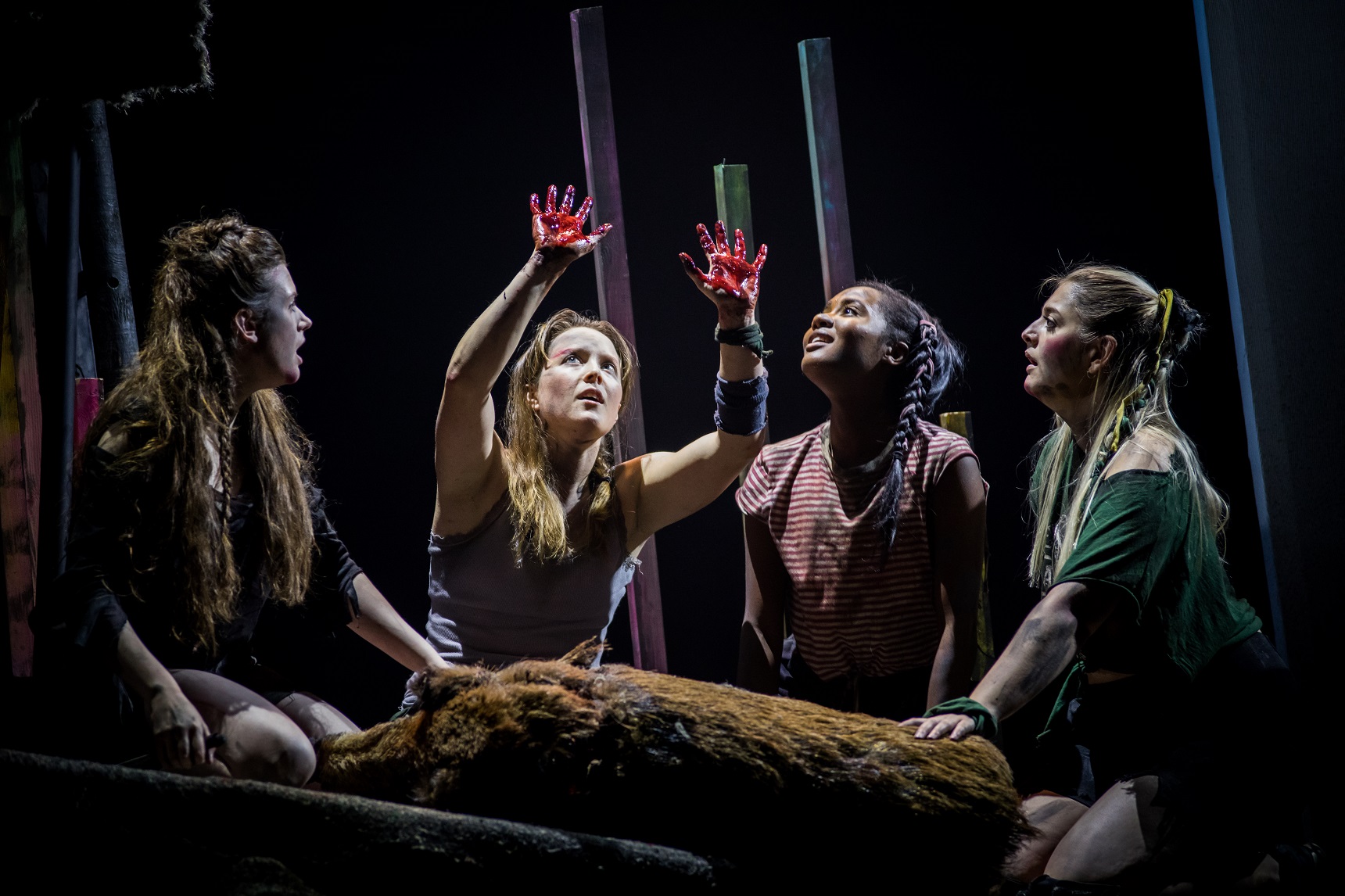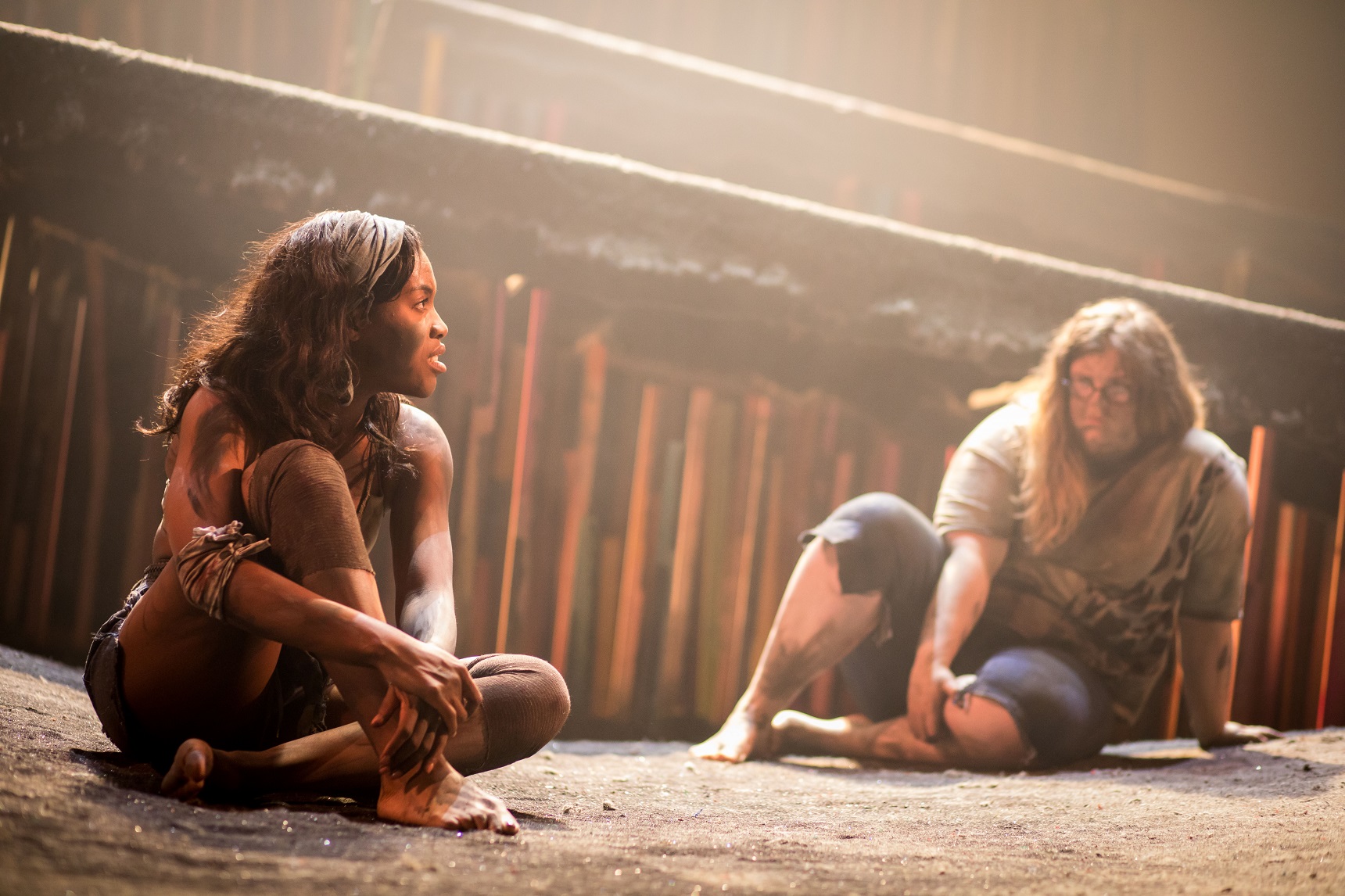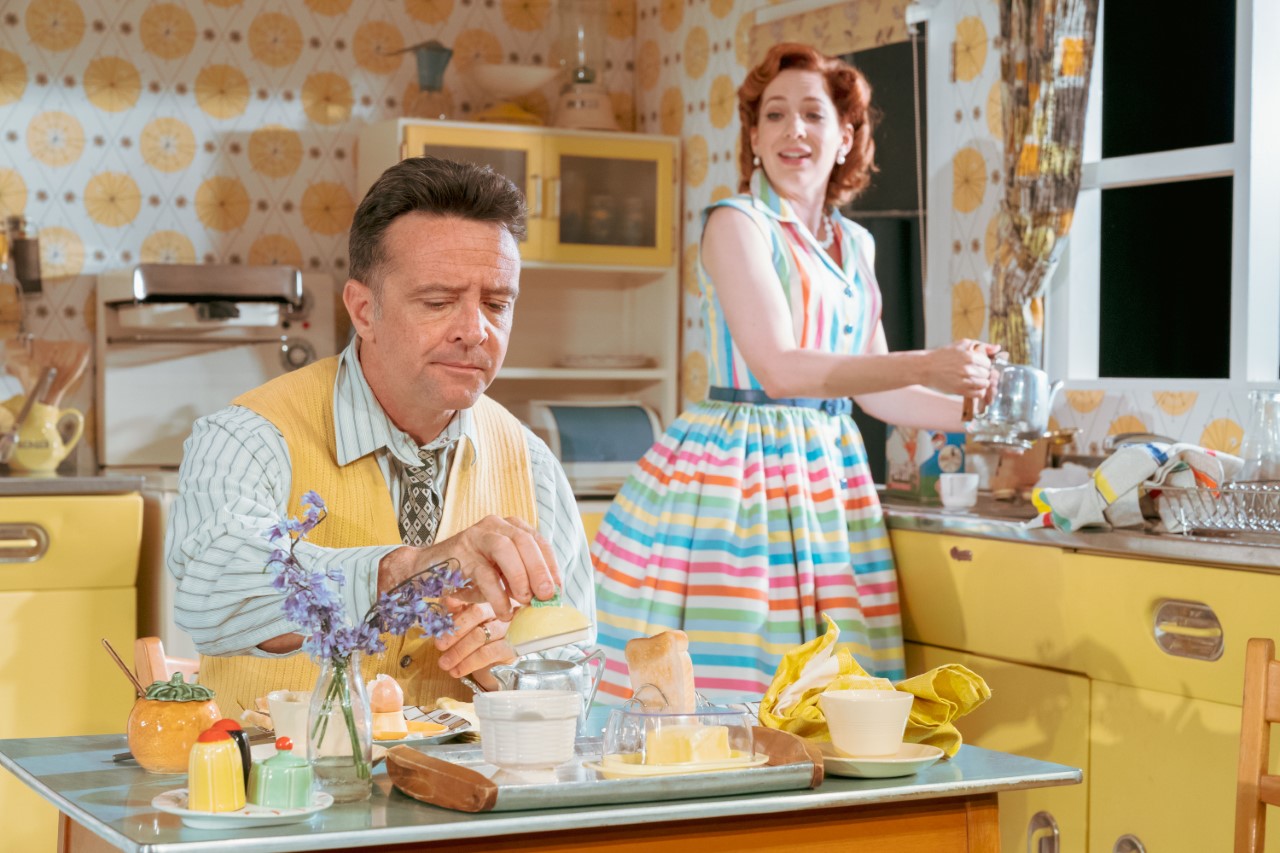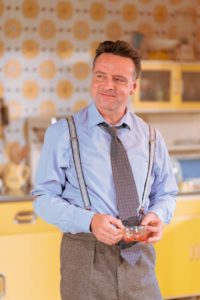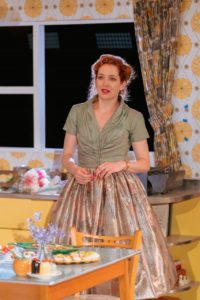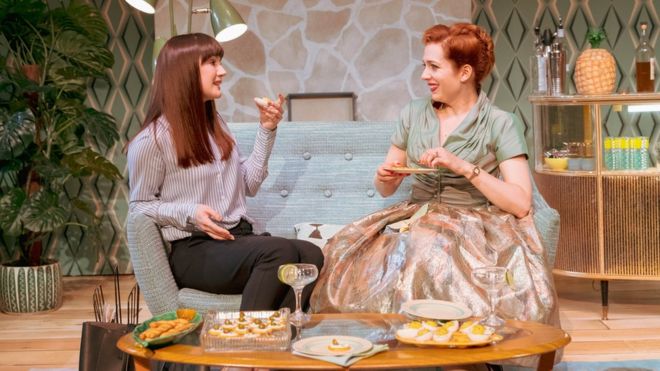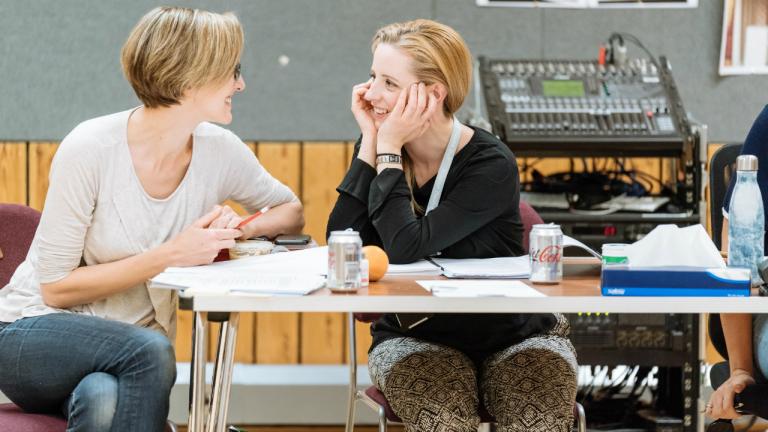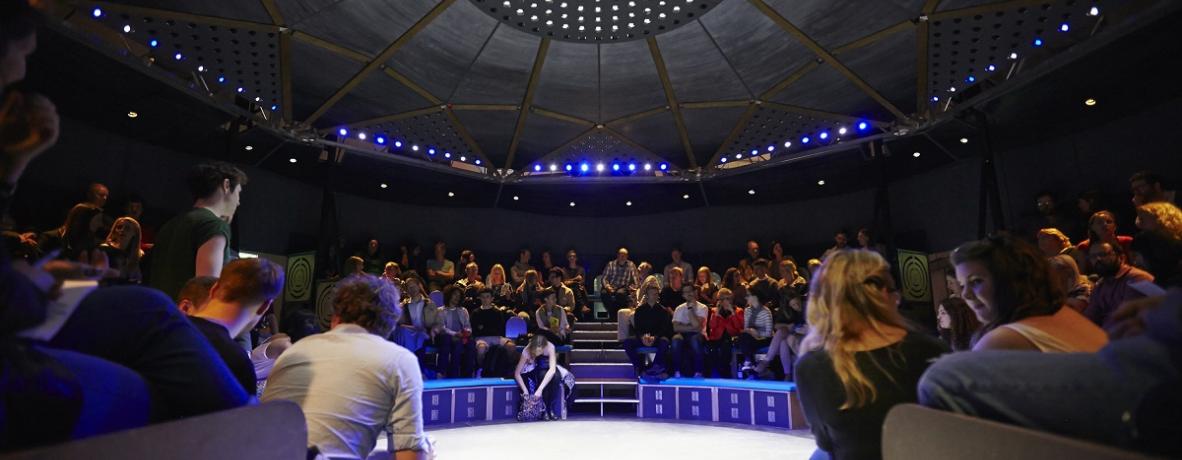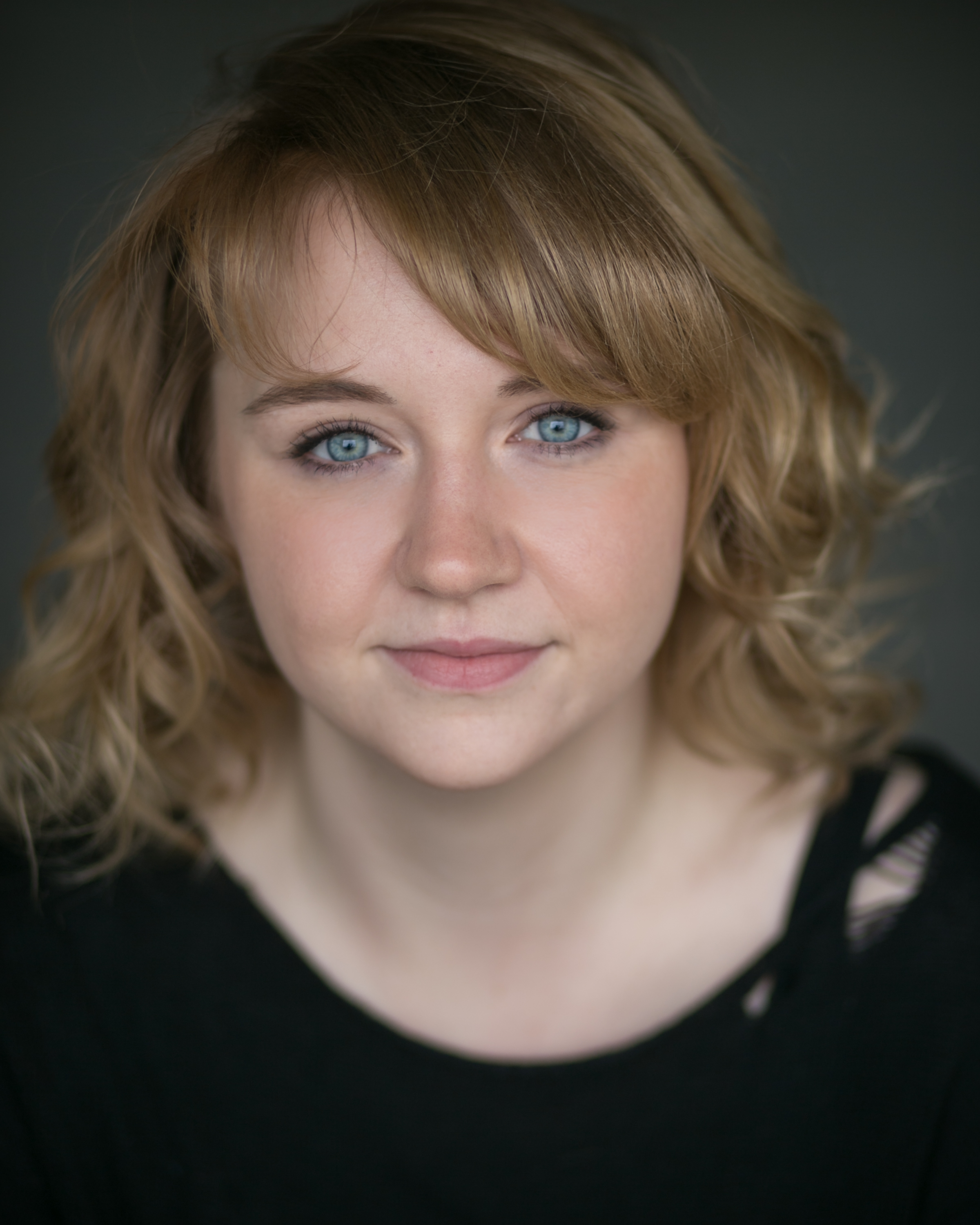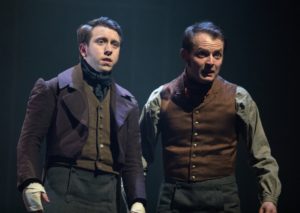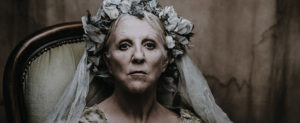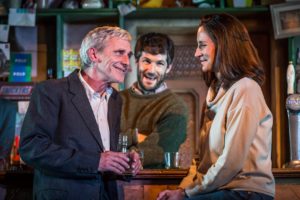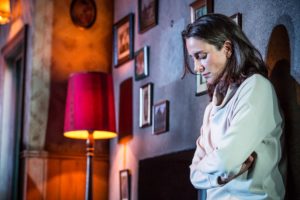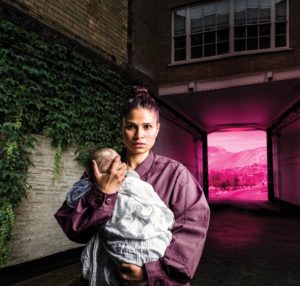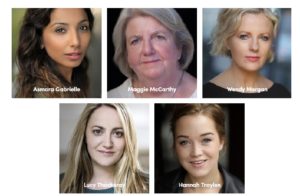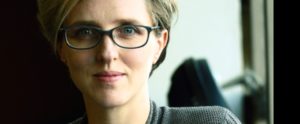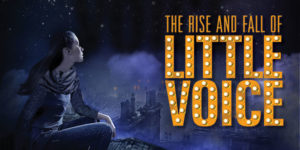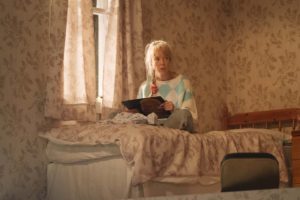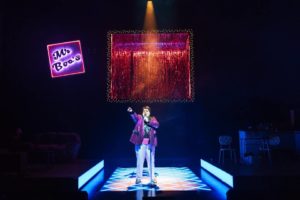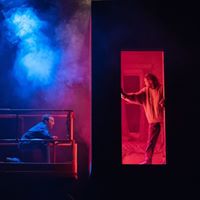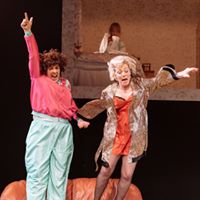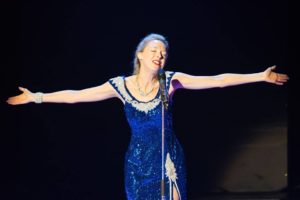In the third part of my showcase series for Get the Chance, I thought I’d share five of my favourite Theatr Clwyd shows in conjunction with their #TCTogether project.
Under Milk Wood
I have this production by Terry Hands to thank for falling in love with theatre in the first place. On a cold February night in 2014, I sat on the end seat in the front row of the Anthony Hopkins theatre and was transported to the wonderful world of Dylan Thomas’ famous drama. It featured an excellent cast of Welsh actors whose delivery of the language created a very vivid experience. I can still see the character of Polly Garter (Katie Elin-Salt) under intense spotlight, transfixed by her plaintive tones as she sang of lost love. A true ‘conversion’ experience for me.
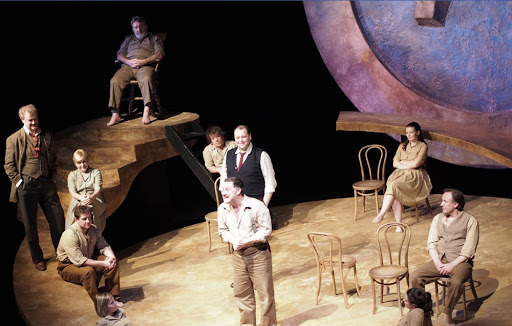
Junkyard: A New Musical
Writer Jack Thorne has gone on to critically-acclaimed success with TV dramas like The Accident. This play came hot on the heels of the first in his National Treasure trilogy, and was every bit as good. Set in an adventure playground, it featured a rowdy group of teenagers led by the outspoken Fiz (Erin Doherty). Doherty led the company brilliantly, giving a pitch-perfect performance in a production that used lighting and music to brilliant effect. Emotive and funny, it shone a light on the overlooked corner of an urban landscape.
The Importance of Being Earnest
Anyone who has witnessed the annual Rock ‘n’ Roll pantomime will know that the costume department at Clwyd are a talented bunch. They excelled themselves with this production however, with costumes that were every bit as colourful as the spectacularly rich scenery. Oscar Wilde’s already witty script was brought to life hilariously by the physicality of actors Matt Jessup and Nick Harris in particular. Brilliantly funny, I don’t think I’ve ever had so much fun in a theatre.
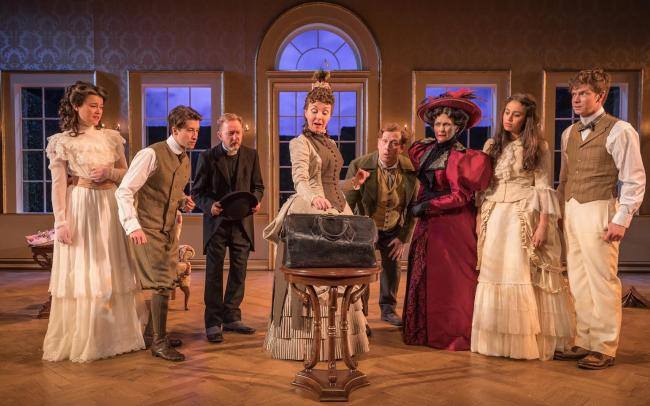
Home, I’m Darling
Deservedly winning awards (Best Comedy among them), Laura Wade’s critique of nostalgia and domestication was a beautifully-constructed, well-acted and aesthetically-glorious piece. The bold and impressive scenery – effectively a life-size doll’s house – would have been enough to bowl you over. Thankfully, the acting talents of Katherine Parkinson and Richard Harrington, clearly in their element, brought plenty of humour and vulnerability to their lead characters. It made for a highly original, thoroughly enjoyable play.

Pavilion
I loved this play. Playwright Emily White’s debut is a modern Under Milk Wood, casting a sharp, satirical and dark eye on life in small town Wales. It featured an incredible array of performances from established actors and upcoming talent alike. The true genius of this production was in its realism; the way that White created drama out of the everyday and mundane. The cast brought it to life superbly. I cannot wait for it to be revived for the stage again already.
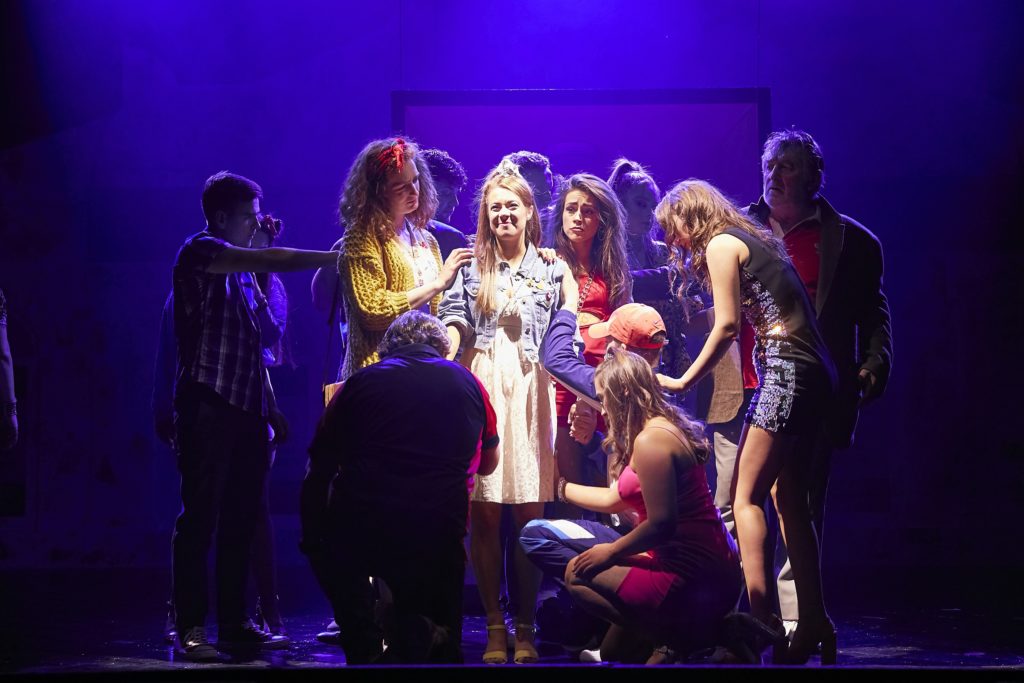
What are your favourites? Share them using the hashtag #TCTogether, where you’ll also find lots of creative ideas to do during lockdown @clwydtweets.
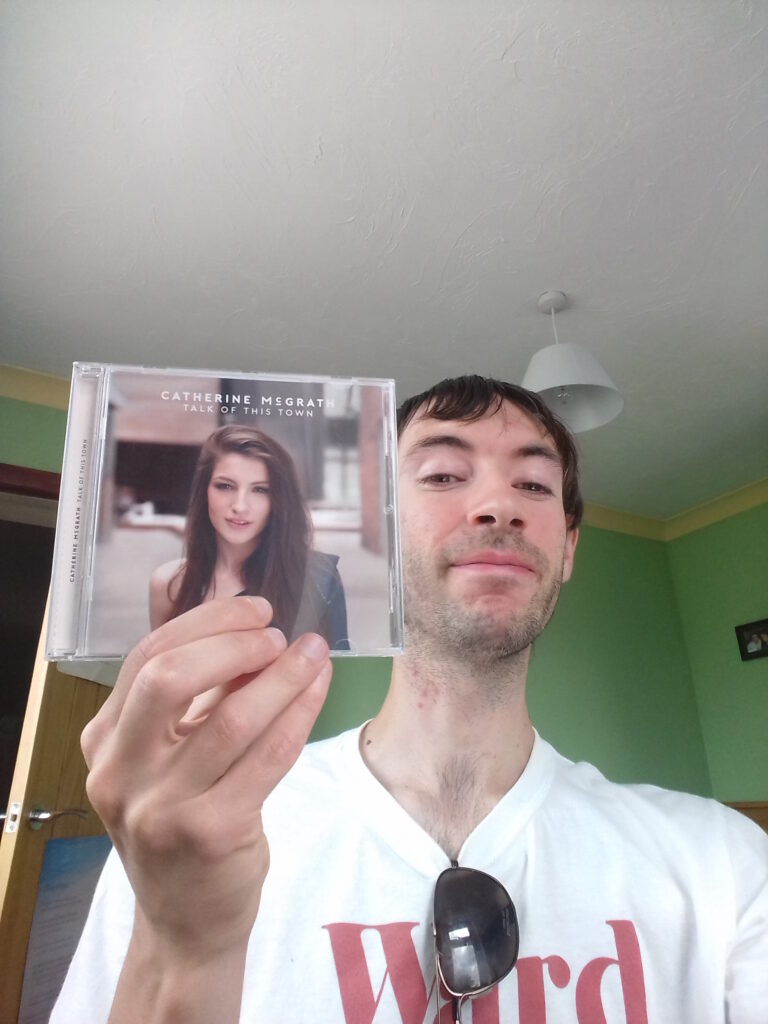

 (4 / 5)
(4 / 5)
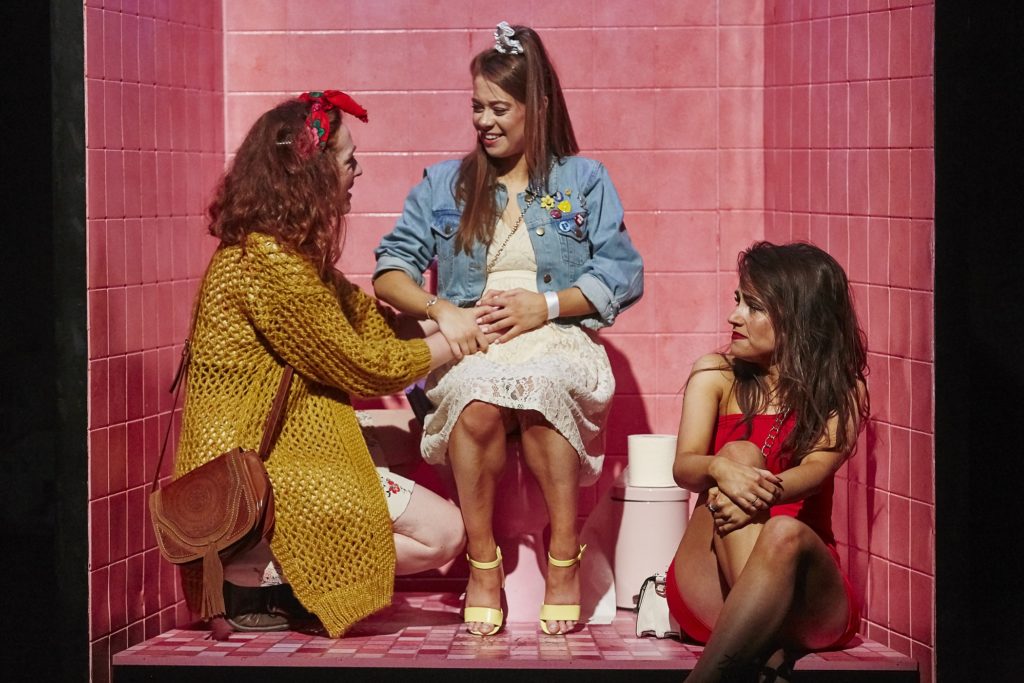
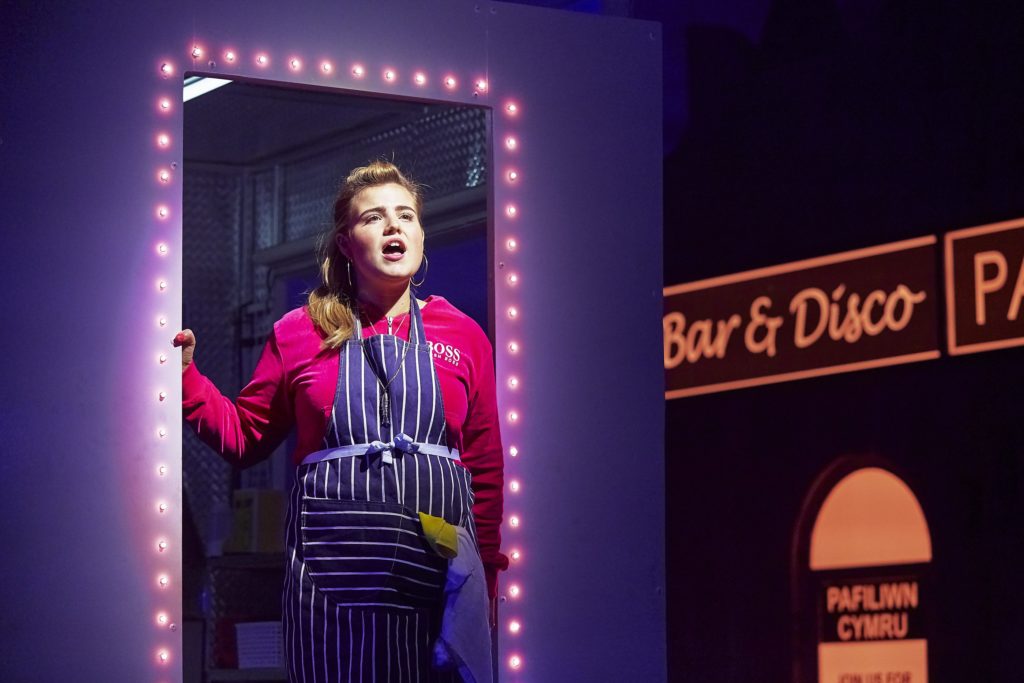
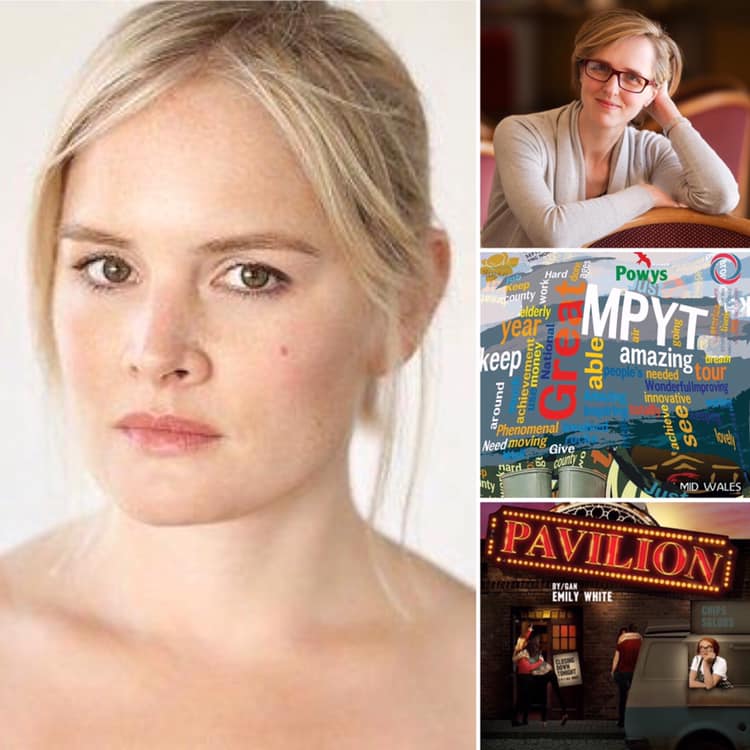

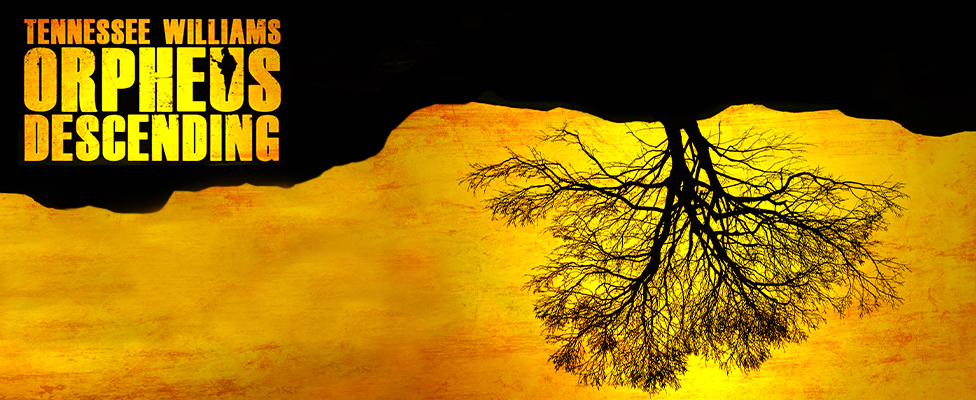
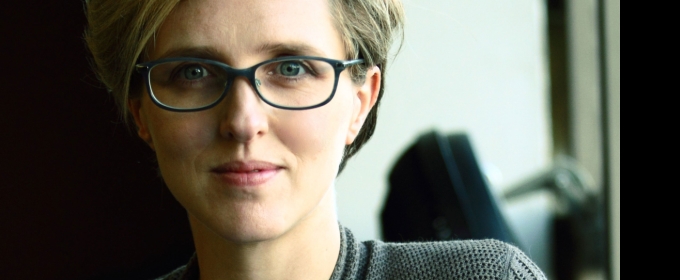
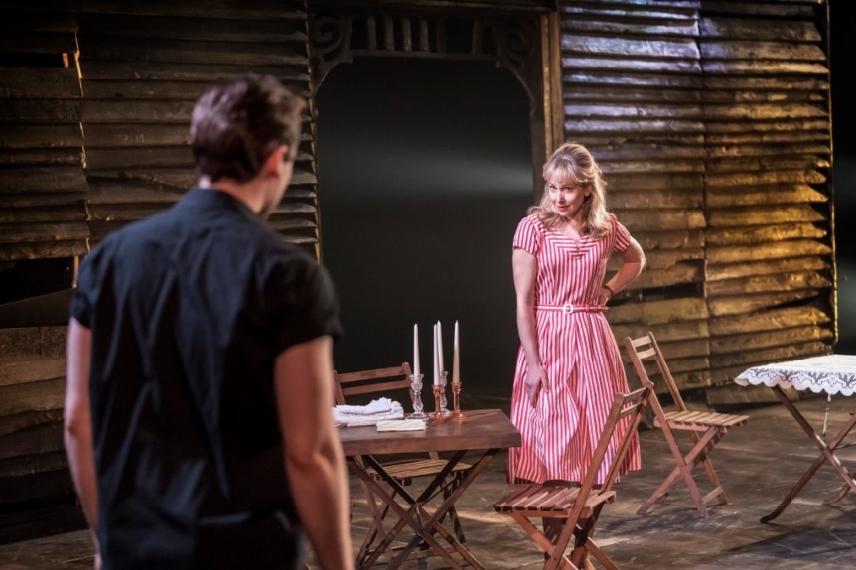
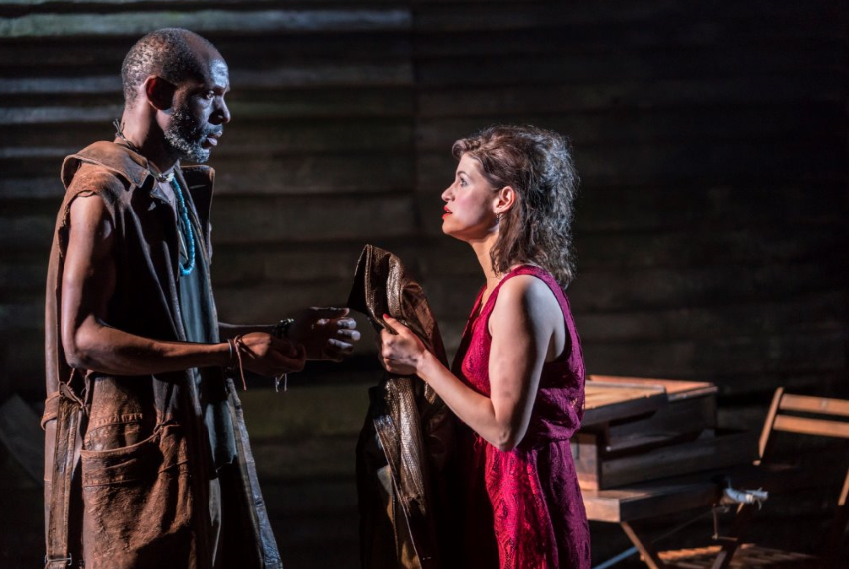

 (3 / 5)
(3 / 5)